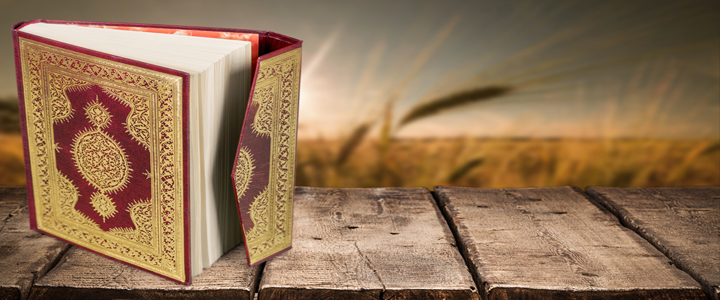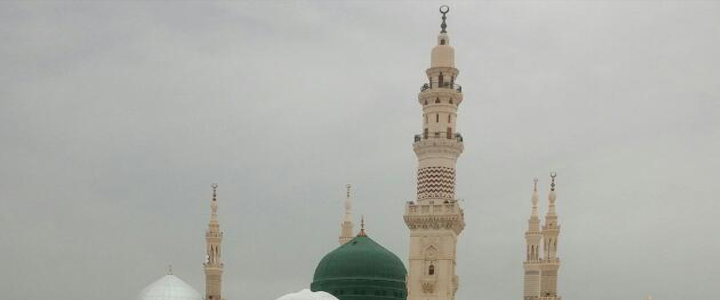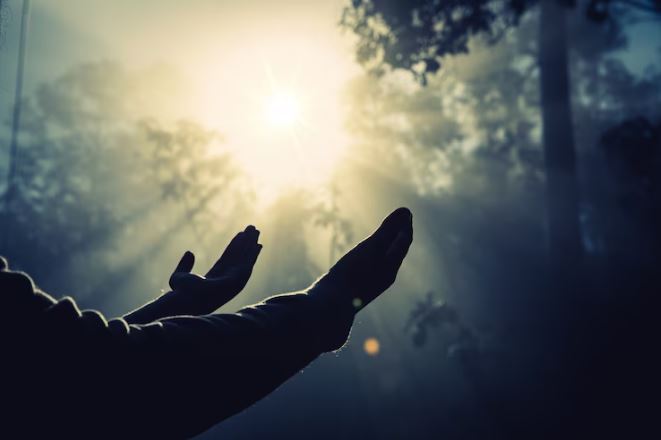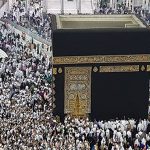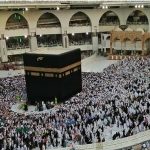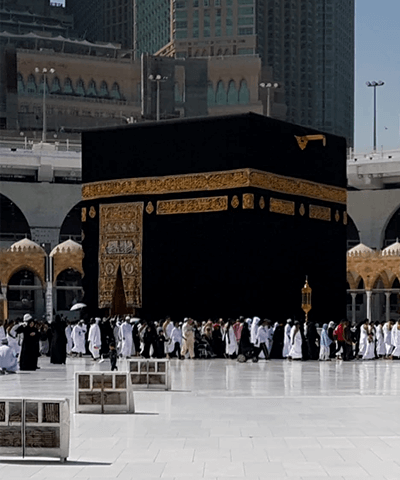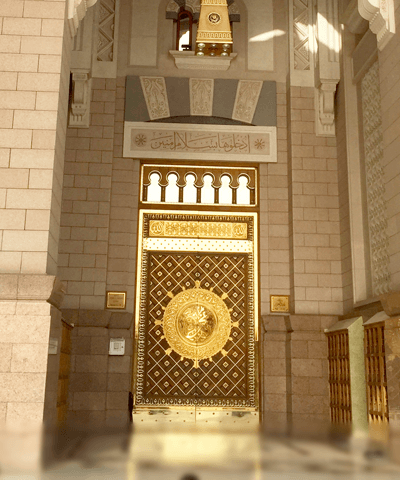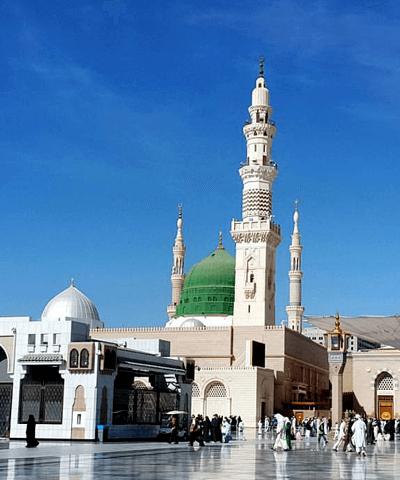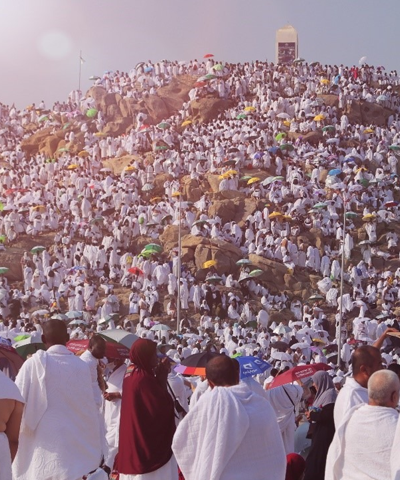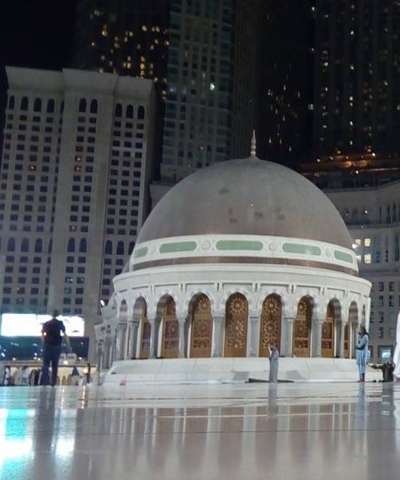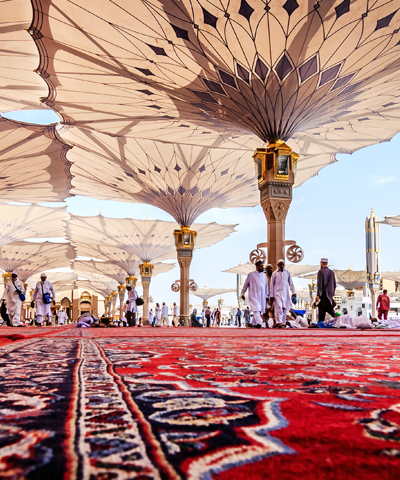The holy month of Ramadan follows the month of Shaban, It is the ninth month in the Islamic calendar. This blessed month allows Muslims to extract the maximum amount of rewards by worshiping Allah and doing dhikr. The heart feels closer to Allah and understands the struggles of those who are needy. Ramadan helps us to test our faith by willfully abstaining from food, drink and physical desires from sunup to sundown. In this beautiful month, Muslims all over the world give to charity, focus on prayer and religious devotion.
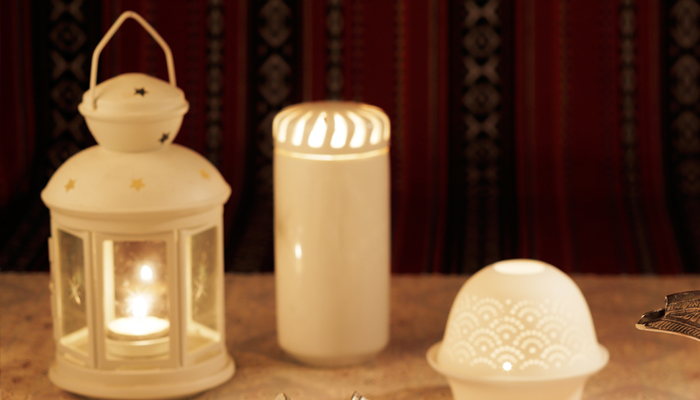
The Age of Fasting
Any person who has reached puberty can fast. Children are also encouraged to fast from a younger age. People who are sick, traveling a long distance are exempted from fasting. Menstruating women and those who are pregnant and fear that they may harm the child by fasting are also exempted.
Fasting of the Mind and Body
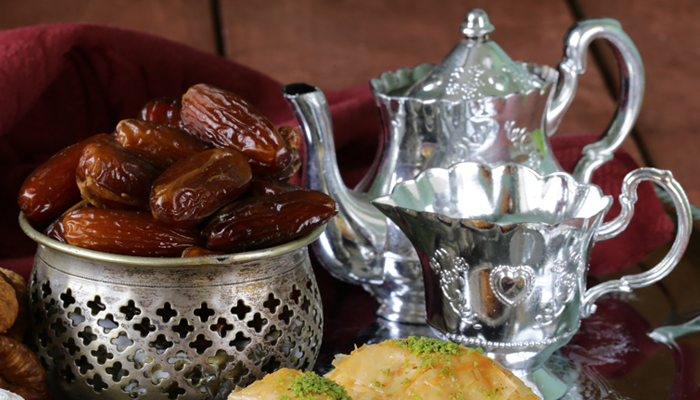
Fasting does not only mean abstinence from food and drink. It means abstinence from all various forms of evil. The tongue should not speak words that will harm another person. The lowering of gaze is another form of self-restraint. These small acts along with patience and piety are what elevate a Muslim’s faith to higher levels of spirituality.
The Messenger of Allah (PBUH) said, “The true fast is not to merely abstain from food and drink, rather true fast is to abstain from futile activities and obscene talk.”
One should always use Prophet Muhammad (PBUH) as a role model.
Breaking the Fast
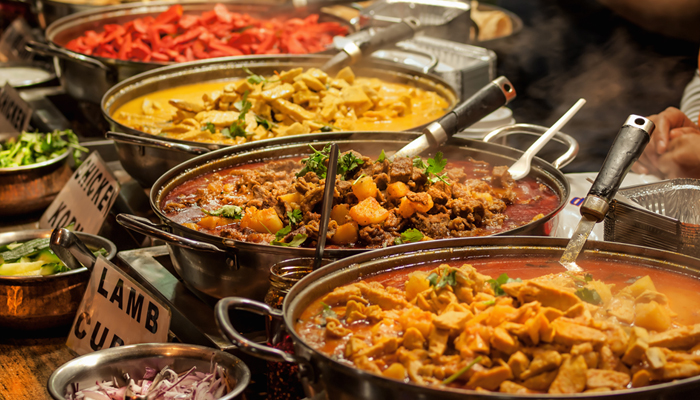
It is recommended that one break the fast as soon as the call for Maghrib prayer reaches the ears. The Fast can be broken with the ingestion of either water or dates. Dua or supplication should be made before breaking the fast.
Click Here For Cheap Umrah Packages USA
The Holy Prophet (PBUH) said:
“There are three whose dua [supplication] is never rejected: the fasting person when he breaks his fast, the just ruler, and the one who is oppressed.” (Ahmad and Al-Tirmidhi)
Therefore, one should always make haste when breaking the fast.
Suhoor and its benefits
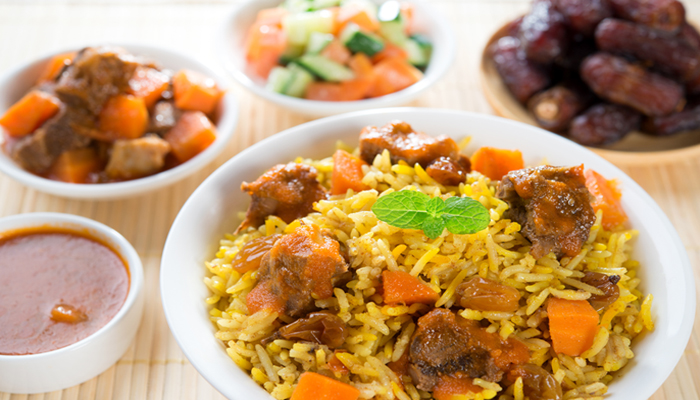
The Messenger of Allah (PBUH) said,
“Have Sahoor for verily there is the blessing in it.”
A pre-dawn meal also called as sahoor is eaten before beginning the fast. This helps provide the body with energy so that it may function throughout the day. Without sahoor, a person may experience dizziness and physical weakness.
Performing Good Deeds

The Holy Prophet (PBUH) said,
“He, who gives food for a fasting person to break his fast, will receive the same reward for fasting, except that nothing will be reduced from the fasting person’s reward.” (Ahmad and Al-Tirmidhi)
Various acts of kindness can bring a lot of joy. In this blessed month of Ramadan, Muslims partake in performing good deeds.
Recitation of the Holy Book
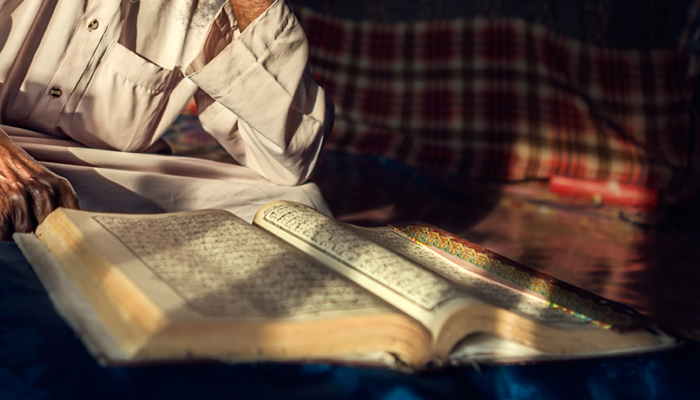
The Holy book was revealed to Prophet Muhammad (PBUH) in the month of Ramadan. The Quran is not just a book; it is a way of life – full of guidance for those seeking it. Recitation of the holy Book is full of rewards on all days but more so in this particular month.
The Do’s and Don’ts
Blood withdrawal, using inhaler and or eye drops should be avoided. Fill your heart with the remembrance of Allah and steer clear of music. No substance should enter the body through an orifice.
Time is precious and fleeting; do not waste it away. Take full benefit of this month that is provided to you. Any form of speech that may harm another person should be shunned.
Conclusion
Ramadan is the month that purifies the mind and soul; everyone tries to outdo themselves by performing acts of kindness. All Muslims should allow this month to help them grow both spiritually and mentally.

